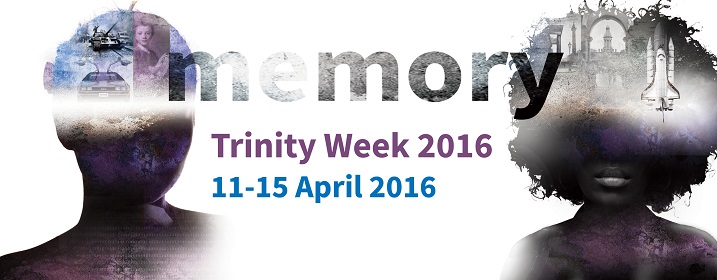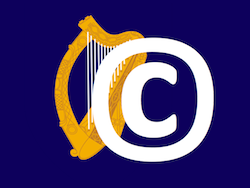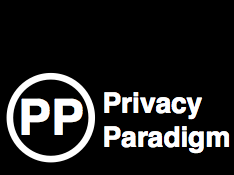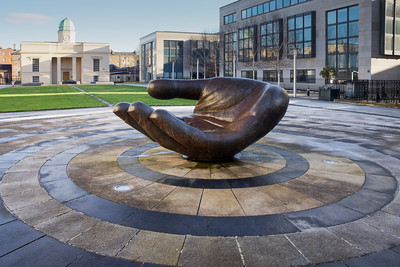Cross words about copyright and today’s Irish Times simplex crossword
 My dad’s voice comes from the other room, asking “document granting exclusive right to publish?”, adding that “it’s in nine letters”. It turns out that this is the clue for nineteen down in today’s today’s Irish Times simplex crossword. It also turns out that the answer is “copyright”. I had spent at least a quarter of an hour assuring him that the answer couldn’t possibly be “copyright”, because copyright automatically vests if the work is original, and no additional grant of copyright, or document granting an exclusive right to publish, is necessary. As the Patents Office explains “the act of creating a work also creates the copyright, which then subsists in the physical expression of the work”. To the extent that there is anywhere a document granting a right to publish, the closest is an imprimatur, but that didn’t fit. And somebody who holds a copyright in a work can license its use to someone else, and can even licence its exclusive use to someone else, but “licence” didn’t fit either (and anyway, licences are permissions to do lots of things, like drive a car, use a television, or keep a dog; they are not confined to publications or copyrights; and they don’t have to be written documents).…
My dad’s voice comes from the other room, asking “document granting exclusive right to publish?”, adding that “it’s in nine letters”. It turns out that this is the clue for nineteen down in today’s today’s Irish Times simplex crossword. It also turns out that the answer is “copyright”. I had spent at least a quarter of an hour assuring him that the answer couldn’t possibly be “copyright”, because copyright automatically vests if the work is original, and no additional grant of copyright, or document granting an exclusive right to publish, is necessary. As the Patents Office explains “the act of creating a work also creates the copyright, which then subsists in the physical expression of the work”. To the extent that there is anywhere a document granting a right to publish, the closest is an imprimatur, but that didn’t fit. And somebody who holds a copyright in a work can license its use to someone else, and can even licence its exclusive use to someone else, but “licence” didn’t fit either (and anyway, licences are permissions to do lots of things, like drive a car, use a television, or keep a dog; they are not confined to publications or copyrights; and they don’t have to be written documents).…





